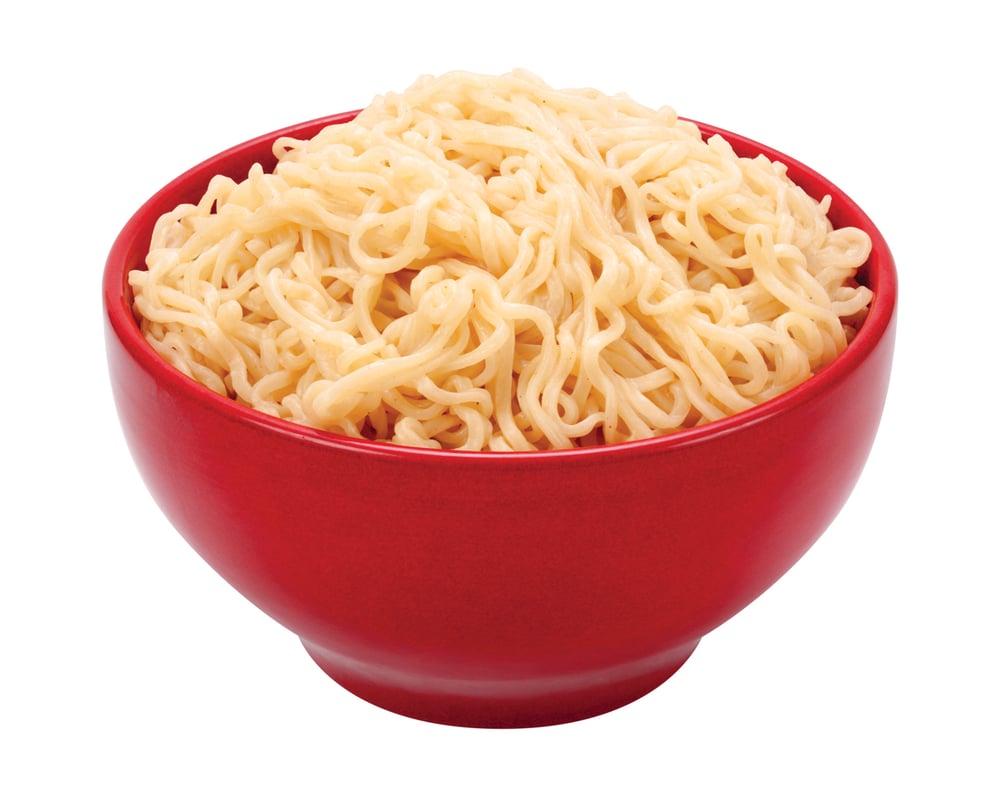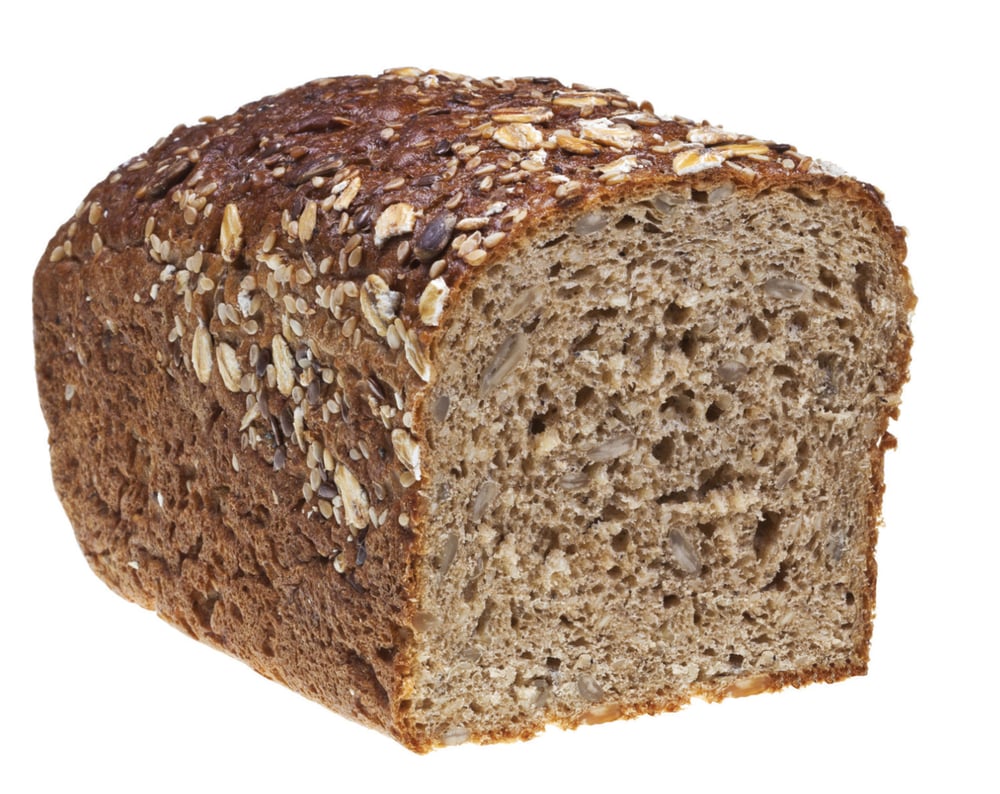
Issue 137
January 2016
Tweak your weekly basket of shopping staples to punch through your goals, and opponents, in 2016
Squash your spuds
Winter squash replaces potatoes
A variety of starchy vegetables fall under the ‘winter squash’ banner. Carrots, butternut squash, beets, turnips and jicama all have more carbs and calories than most other vegetables. Perfect for re-feeds or high carb days, and an ideal replacement for potatoes. “Squash veggies also tend to be fast carbs, so they’re great for post-workout nutrition,” says Pauline Nordin, founder of FighterDiet.com. “I love these, especially when I bake them and smother with cinnamon and Truvia.”
Ditch Daisy and drink plants
Canned pink salmon replaces canned tuna
With substantially less mercury than run-of-the-mill tuna, canned pink salmon is a far tastier and less hazardous alternative. It matches up with tuna’s high protein figures while also offering much more omega-3 healthy fats at the same time. Just don’t get it confused with regular canned salmon if you want to get the full nutritional benefit, because it’s a more mature fish with extra oily fats and pesky calories.
Ditch Daisy and drink plants
Soy milk replaces low-fat dairy milk
Packed with as much protein as cow’s milk yet with absolutely zero cholesterol, soy milk should be a staple in all serious athletes’ meal planners. Alternatives to dairy-farmed milk – like soy, almond and coconut – are readily available from most stores these days, but it’s soy that comes out on top in both the taste and nutrition stakes.

When Japan meets Italy
Shirataki noodles replaces pasta
We all love pasta, but poor portion control could result in massive calorie bursts that are damaging your weight-cut potential. Shirataki noodles look like regular rice noodles but are actually made from konjac flour, which is processed from a yam-like plant that grows in Asia. It’s full of glucomannan fiber, which basically means these noodles are calorie and carb-free. Drained and tossed in a hot pan, they take on a pasta-like consistency that can’t be beat.
Get him to the Greek
Greek yogurt replaces low-fat yogurt
All yogurts are excellent sources of calcium, potassium, protein, zinc, and B vitamins, but Greek yogurt contains probiotic cultures, is lower in lactose and has twice the protein content. Nutrition professor Dr Judith Rodriguez says, “Greek yogurt is great for weight control as it keeps you feeling full longer.”

Keep it 100
Rye bread replaces multigrain loaf
Bread is on almost everyone’s grocery list but it’s a minefield of sugars and salty, glutenous disasters. The best advice for choosing bread is to go for 100% whole grains first and foremost. Rye is a great option because it’s a highly nutritious cereal grain but and not as readily used as wheat, so it’s more likely to be unrefined.
Burn fat by eating cheese
Ricotta cheese replaces cheddar
A 2015 study published in the Journal of Agricultural and Food Chemistry, linked a diet rich in cheese with higher levels of butyric acid, a compound associated with faster metabolisms and a decreased obesity. However, stay clear of highly-processed cheddars and opt for Italian staple ricotta instead. “Half a cup of ricotta contains plenty of protein, 25% of your daily calcium needs and it’s low in sodium and high in phosphorous, B vitamins, vitamin A and zinc,” says Jim White of the Academy of Nutrition and Dietetics.
Mike Dolce
MMA nutrition guru and owner of the acclaimed Dolce Diet program replies to readers’ social media posts and questions
Burgers and fries!
Eat what you love, by loving what you eat
Q. Be honest Mike, what’s your favorite meal?
A. I love questions like this. My favorite meal is the good old American cliché of burgers and fries, but you won’t find me standing in line at McDonald’s to get it. We prefer all of our food to be homemade and I believe my burger recipe is the best in the business.
Every Sunday, you can find me in my yard at the grill tossing on a few grass-fed, elk or bison patties. The burgers we buy are wild-caught, ground by our butcher and simply hand-packed with egg, chopped onion, oat bran, chopped sweet pickles, sea salt and a touch of vinegar before shaping them and throwing on the flame.
You’ll also see me in the kitchen whipping up a few trays of our baked sweet potato fries. They’re organic sweet potatoes cut into chips or long fries, rolled in coconut oil, baked in the oven and drizzled with cinnamon and raw honey before serving.
Q. Is taking supplements essential to enhance my health, fitness and training?
A. Supplements are only intended for those who have established a consistent diet of whole foods for a period of six months or more. That is why it is called a supplement. It is meant to supplement your diet of whole foods. Only when you have established a consistent diet and lifestyle can you adequately determine what supplements are necessary to get you to your goals.
I personally get my blood drawn every three months and look for any imbalances that would need to be addressed first by diet and lifestyle, then supplementation and lastly by medical intervention.
I don’t suggest using supplements year-round – only for those who have reached an advanced level of training and consistency that are looking to maximize their progress. If you are after general health and fitness, there is rarely a need for supplements.










